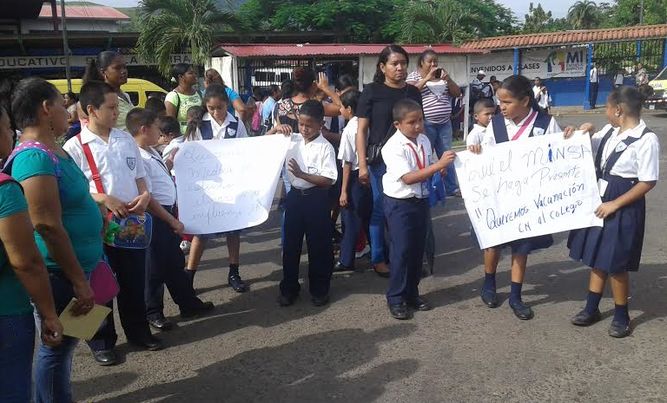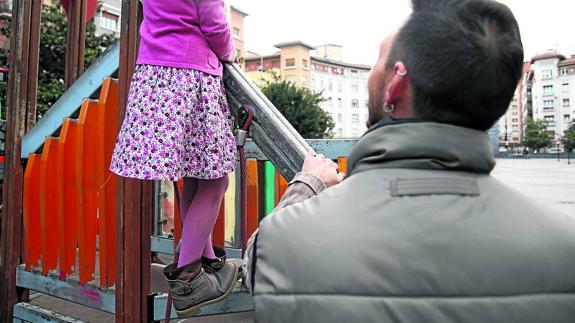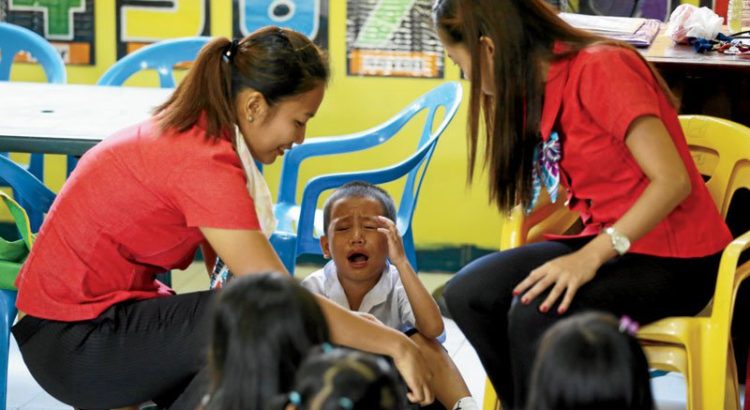Ciudad de México / 14 de junio de 2016 / Por: Notimex / Fuente: http://lajornadasanluis.com.mx
Con el propósito de mostrar la relación entre las ciencias y el quehacer cinematográfico, los Estudios de Animación Pixar Studios y la Academia Khan lanzan la plataforma en línea Pixar in a Box, en español.
Después de una charla con los medios, el director de proyectos especiales de Pixar, Joshua Hollander, puntualizó a Notimex que se trata de un espacio en el que estudiantes de habla hispana conocerán cómo los conceptos académicos que aprenden en la escuela les permiten a los cineastas crear atmósferas, animar personajes y contar historias por medio de la animación.
Sostuvo que lo anterior responde al compromiso que Pixar y Khan Academy tienen con la educación, por lo que intentan atraer a las nuevas generaciones.
“Siempre queremos contratar a personas bien capacitadas, por lo que es bueno que la juventud pueda ir descubriendo este mundo y tal vez algún día dedicarse a él”, explicó.
Detalló que a veces los chicos pierden el interés en los conceptos académicos y se preguntan ¿por qué aprender matemáticas? Y bajo esa premisa buscan darles respuestas por adelantado mediante lecciones en video, ejercicios interactivos y actividades prácticas.
Aunque reconoció que no es un programa de capacitación total, dijo que sí puede ser el principio de una plataforma educativa.
Sus creadores son Brit Cruice, productor de contenidos de Khan Academy, y Tony DeRose, científico ejecutivo y jefe de grupo de investigación en Pixar.
Respecto a los alcances que la plataforma ha tenido en menos de un año en su versión en inglés, Hollander dijo que ha obtenido más de 800 mil visitantes, de los que 350 mil fueron estudiantes. No obstante, sólo de visitas a la página hay un registro de 19 millones.
Sobre su impacto en América Latina, el director general para América Latina de Khan Academy, Rolando Núñez-Baza, expuso que se contabilizaron casi un millón de usuarios activos al mes, por lo que se estima que en México se captarán 50 mil usuarios activos al mes.
Por ahora está lista la primera fase de este ambicioso proyecto educativo, con 77 videos que van de los dos a los tres minutos de duración.
No obstante, consideraron que antes de que concluya 2016 tendrán disponible la segunda fase, que incluirá lecciones de ciencia y ciencias de la computación. Mientras que en el primer trimestre del siguiente año se podrá apreciar contenido sobre artes y humanidades, lo anterior, por medio de lecciones filmadas con sus trabajadores.
Pixar in a Box, se puede consultar de manera gratuita a partir de hoy con sólo registrarse y crear un perfil, está dirigida a usuarios a partir de los 10 años.
Fuente noticia: http://lajornadasanluis.com.mx/ultimas-publicaciones/pixar-academia-khan-acercan-internautas-las-ciencias/











 Users Today : 93
Users Today : 93 Total Users : 35459999
Total Users : 35459999 Views Today : 129
Views Today : 129 Total views : 3418594
Total views : 3418594